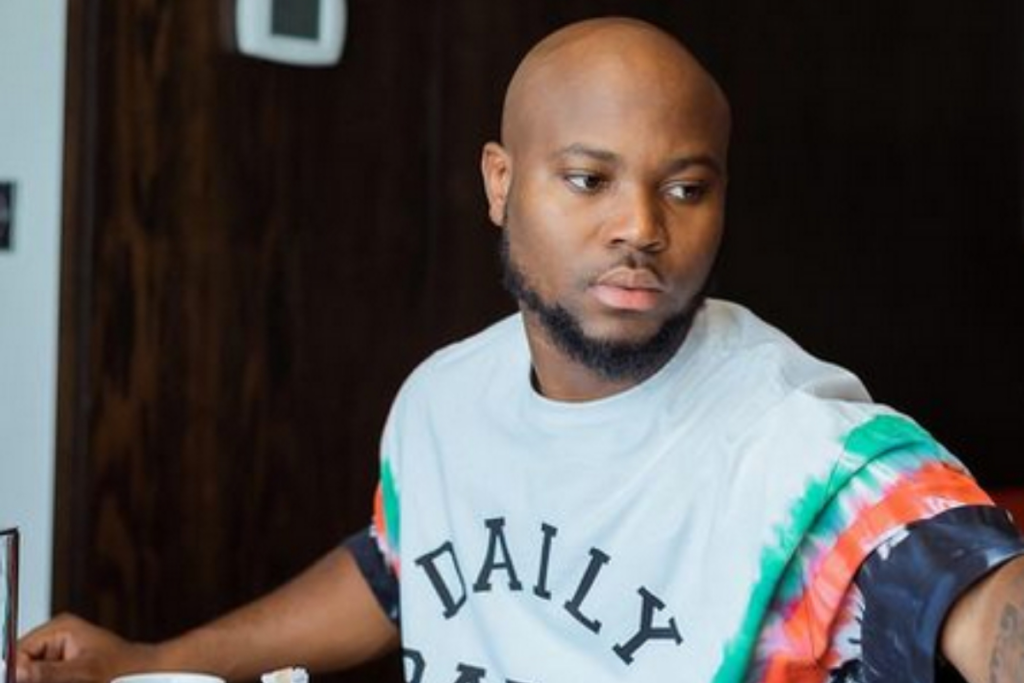Ghanaian musician, King Promise has spoken in favor of artists that want to dominate the world stage while also having an impact locally.
He stated that the first day he heard R2Bees’ “Slow Down”, he knew that was the kind of song he wanted to produce to be a global music icon.
“If I’m making music, I want to make music that cuts across not just Ghana but the rest of the continent and the rest of the world. I’ve worked towards that and at this point in life it is beautiful but for me, this is only the beginning. I’ve dedicated myself to this pursuit, and while I’m grateful for where I am now, I see it as just the beginning.”
King Promise
The Ghanaian music sensation expressed his confidence in the potential of Ghanaian artists to sell out the prestigious O2 Arena.
King Promise emphasized the power of unity among Ghanaian musicians.
“If Ghanaian artists come together, we can easily sell out the O2 arena.”
King Promise
The statement reflects a growing sentiment within the Ghanaian music industry, highlighting the belief in the collective strength and talent of local artists.
King Promise’s assertion comes at a time when Ghanaian music is gaining international recognition, with artists such as Medikal, Black Sherif, Sarkodie, Shatta Wale, and Stonebwoy making significant strides on the global stage.
King Promise’s remarks have sparked discussions within the Ghanaian music community, triggering hopes for future collaborations and collective efforts to showcase the rich diversity and talent of Ghanaian musicians on a global platform.
As Ghana continues to solidify its position as a center for African music, King Promise’s vision for a united front among artists signals a promising future for the industry, with the potential to captivate audiences worldwide and further elevate Ghanaian music onto the global stage.
Recently, there has been an ongoing debate on the artist who can fill the O2 Arena. King Promise and Dancehall artist, Stonebwoy, are the most dominant names at the moment due to their global impact in the music industry.
The O2 Arena, located in London, England, is one of the world’s most renowned entertainment venues, known for hosting iconic concerts and events featuring top-tier international artists.
Industry Comparisons, Inherently Unfair

King Promise revealed it is unfair to compare Ghanaian and Nigerian music industries.
The artist emphasized that such comparisons are inherently unfair, citing vast differences in numbers, investment, and infrastructure.
King Promise expressed his stance, firmly.
He elaborated on the substantial gaps between the two industries, highlighting Nigeria’s larger population, extensive financial investment, and well-developed music industry infrastructure, including record labels, music producers, promoters, and distribution networks as key factors contributing to its dominance in the African music scene.
Nigeria is a culturally diverse country with over 250 ethnic groups, each with its distinct music style. This diversity has enriched the Nigerian music scene, allowing artists to draw from various cultural influences and create unique sounds that appeal to a wide audience.
The artist’s remarks shed light on the challenges faced by Ghanaian musicians in competing on a global scale.
Despite the undeniable talent present within Ghana’s music industry, King Promise emphasized the need for greater support, investment, and recognition to drive Ghanaian music to similar heights as its Nigerian counterpart.
King Promise’s perspective serves as a call to action for stakeholders within the Ghanaian music industry to address existing inequalities and implement strategies to foster growth and sustainability.
As Ghana continues to nurture its expanding music scene, King Promise’s insights are worth it.
READ ALSO: Inauguration of Transit Shelter for Human Trafficking Victims in Aflao























